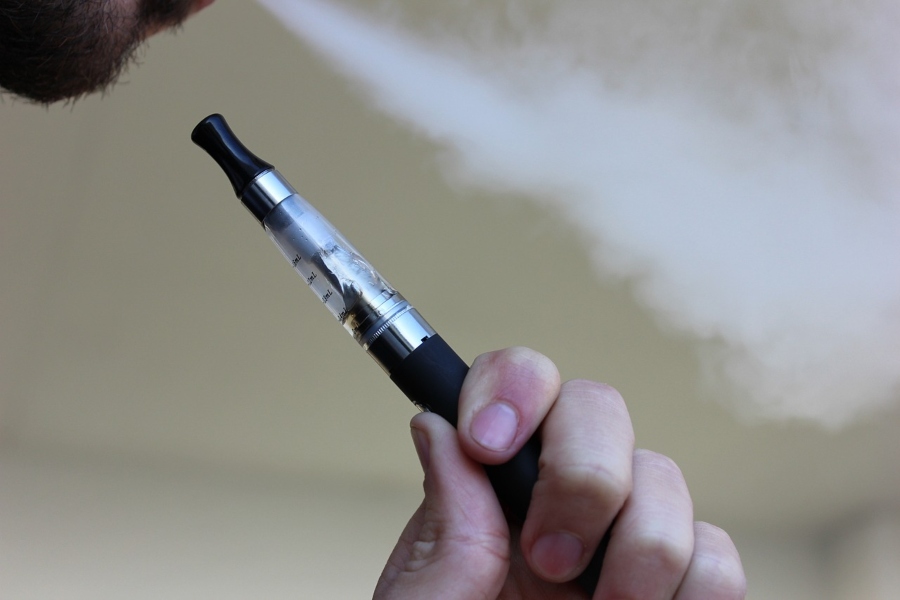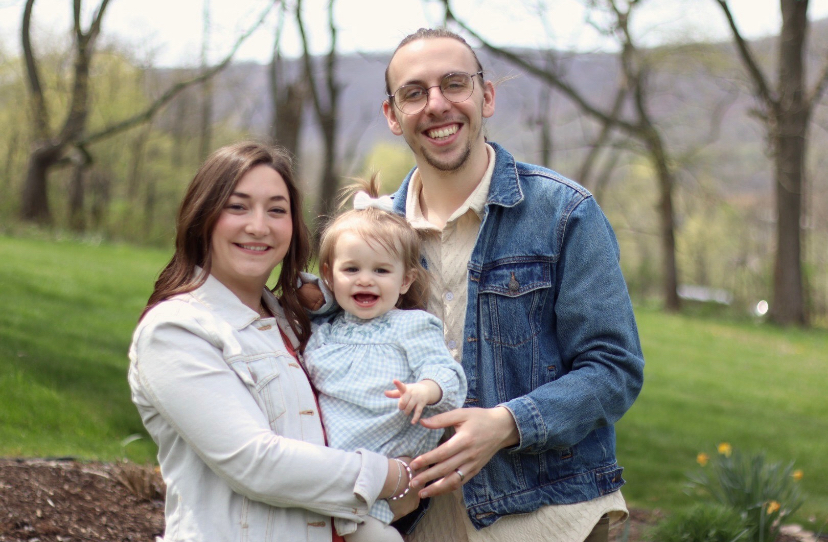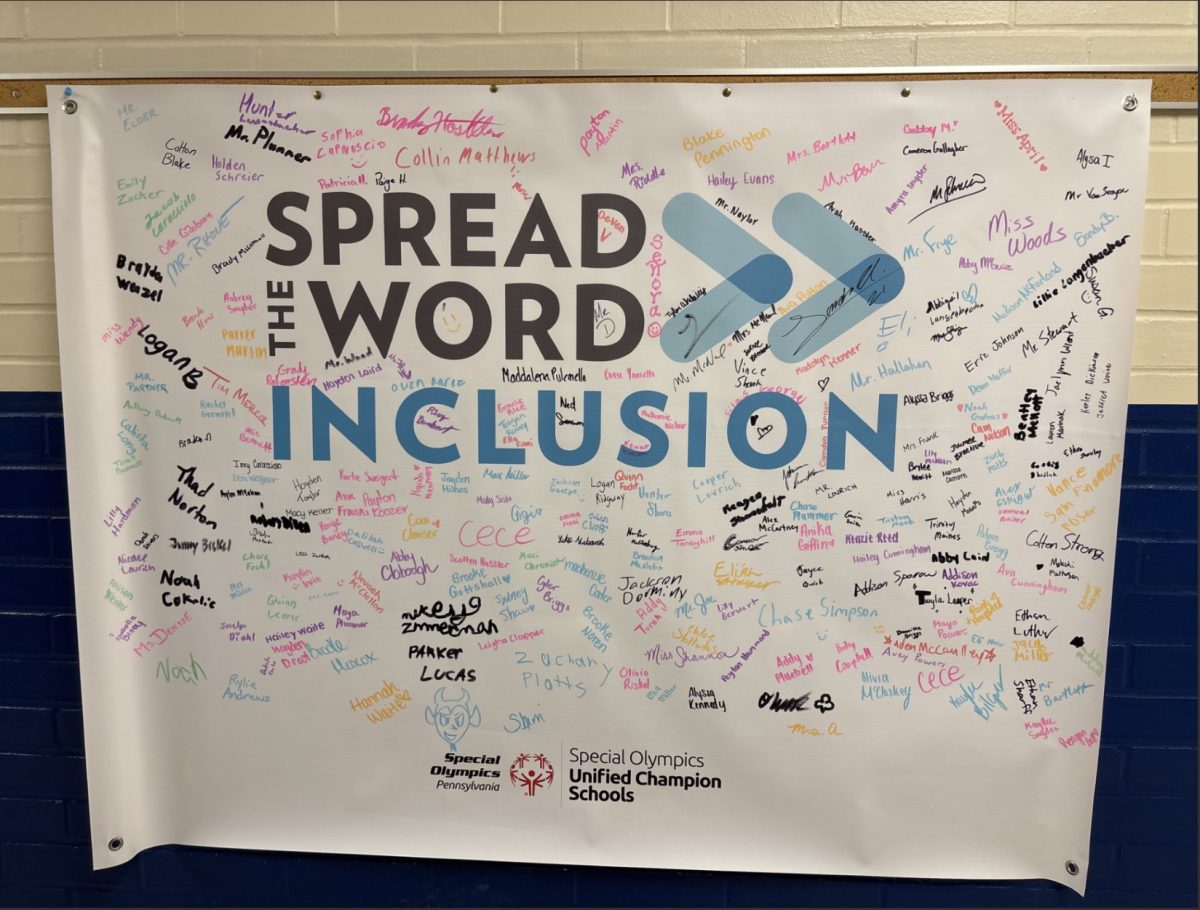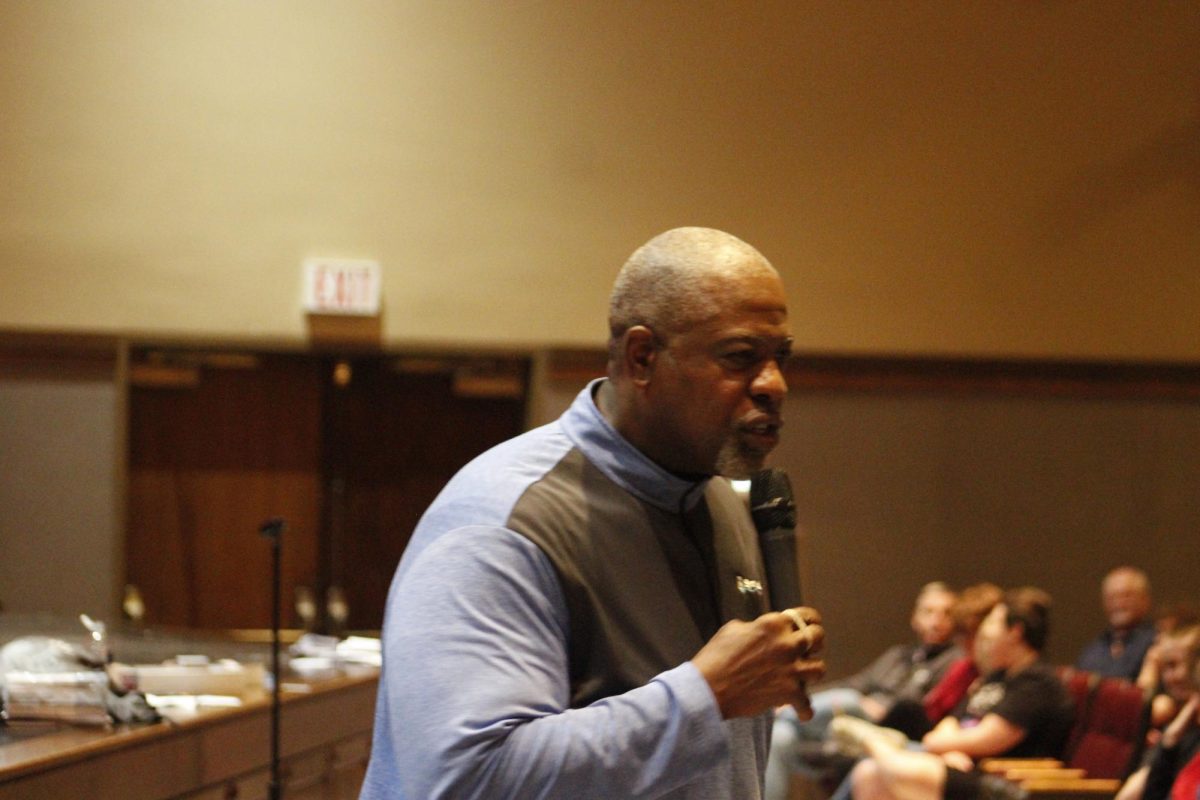In 2023 the high school vaping percentage dropped significantly. The use of e-cigs among high school students declined from 14.1% in 2022 to 10% this year while the use of any tobacco product in high school has declined, from 2.51 in 2022 to 1.97 million in 2023.
It’s a different story in middle school, where students using any tobacco product increased from 4.5% to 6.7% since last year.
E-cigs have been the most used tobacco product among U.S youth since 2014. Statistics show that many of the students who try them continue to use them.
Many schools, including Bellwood-Antis have tried numerous strategies to curb e-cigarettes + vaping, including introducing vape monitors and detection canines.
According to Bellwood-Antis High School principal Mr. Richard Schreier, the efforts are paying off.
“The implementation of sensors in our bathrooms has greatly reduced the prevalence of use/possession on school property,” Mr. Schreier said.
School’s have also expanded resources on lawsuits, which picked up significantly over the past few years and have led to major financial problems.
Earlier this year, six states and the District of Columbia settled for $462 million with Juul Labs Inc, one of the largest e-cigs companies. The settlement stated that the company agreed not to advertise its products within 1000 feet of public schools.
At the start of the school year, the emergence of highlighter vape pens alarmed school safety experts, who wanted to warn students and families. Many vape pens use a disguising mechanism that makes them look like a USB, ChapStick, or white containers.
Mr. Schreier saw and realized the new designs of vapes and how problematic they could be.
“Even with these new vape designs, the vaping violations have went down significantly. So far we have only had 2 violations (2023-2024), and last year (2022-2023) we had 13.” Mr. Schreier said.
Beyond school discipline, offenders face legal prosecution for possessing tobacco products on school property.
At Bellwood-Antis, students caught vaping have to face a violation which include 3 day suspension, referral to student assistance program (STAR), and maybe $200 per violation. Legal concerns may include a fine or community service hours.








